People:
Florian Becker (PostDoc), Frank Lenzen (PostDoc)Abstract:
For a large variety of tasks in image processing and computer vision, variational methods have been developed and intensively studied. The advantage of using variational methods lies in the fact that requirements on the fidelity and regularity of the aimed result can be modeled mathematically in a profound way. The modeling process then results in a clearly formulated optimization problem. Various mathematical tools exist to prove existence and, depending on the modeled problem, uniqueness of a solution. From a practical point of view, theory of optimization provides a toolbox of numerical methods to determine a solution.
Adaptive Total Variation Regularization

For denoising images and signals, a prominent method is the total variation regularization based approach proposed by Rudin, Osher and Fatemi. In literature, several variants exists, in which the regularization is locally adapted to the image content in order to cope with locally varying noise or to improved the reconstruction of edges and corners. We generalize the approach by Rudin, Osher and Fatemi in a way that we allow the adaptivity of the regularization to explicitly depend on the solution of the optimization problem itself. more
Variational Recursive Joint Estimation of Dense Scene Structure and Camera Motion from Monocular Image Sequences

We investigate an approach to jointly estimating camera motion and dense scene structure in terms of depth maps from monocular image sequences in driver-assistance scenarios. We achieve a pronounced spatio-temporal filtering effect and robustness by formulating the approach in a recursive framework. more


